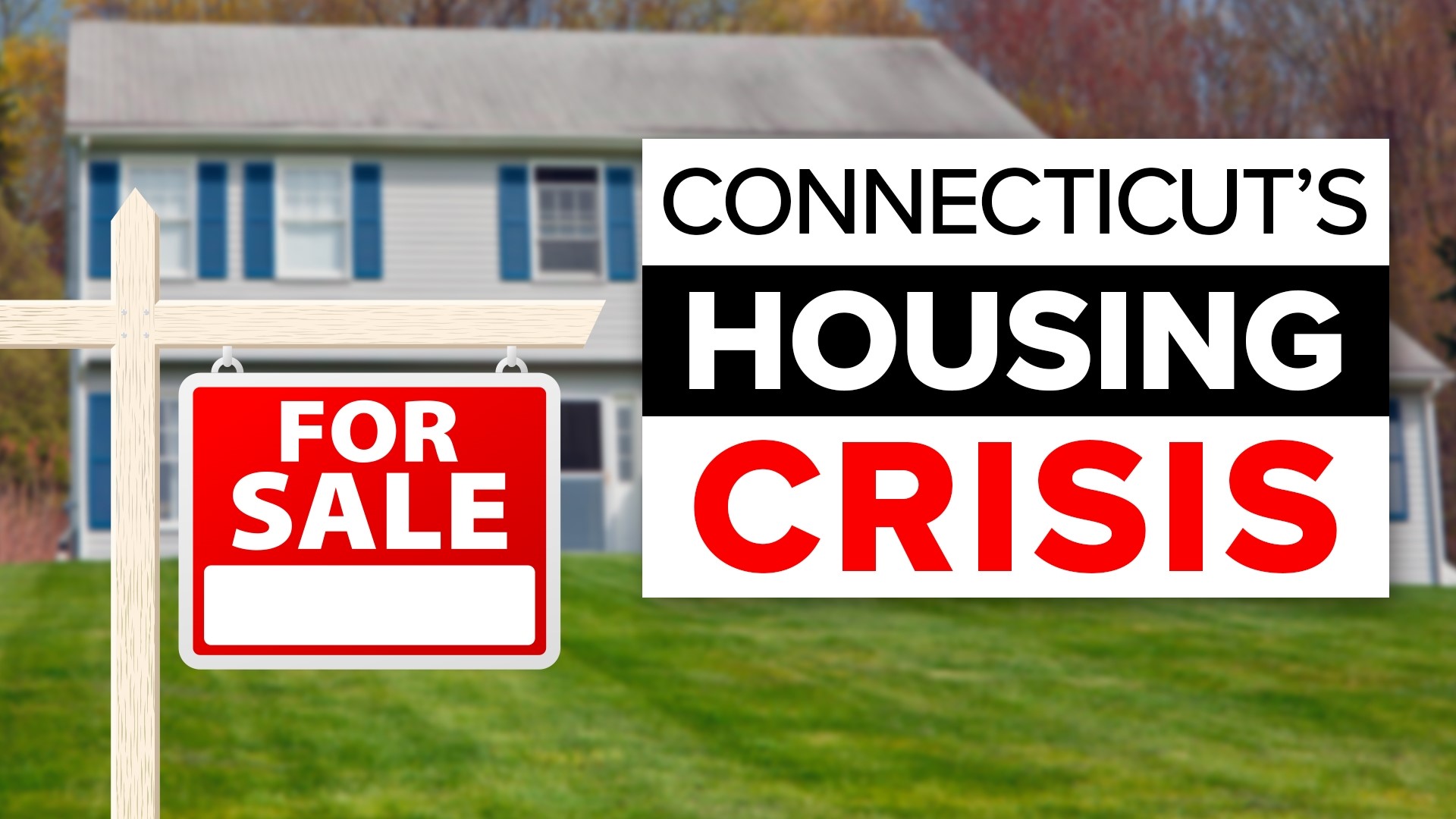In a move that underscores the deep-seated challenges of addressing affordable housing in Connecticut, the state recently disbanded its affordable housing board. This decision reflects a culmination of frustrations over the lack of significant progress in mitigating the housing crisis.
At the heart of this stagnation lies the potent force of NIMBYism—”Not In My Backyard”—a mindset that has consistently thwarted efforts to increase housing density and protect renters.

.
A Crisis Unabated
Connecticut’s housing crisis is dire. The state is short approximately 92,500 units of affordable housing needed for its lowest-income residents. This shortage has only grown more acute since the COVID-19 pandemic, which exacerbated existing disparities and pushed more families into precarious housing situations. Statewide, homelessness is on the rise, and thousands of residents are burdened by exorbitant housing costs .
Legislative Failures and Political Frustrations
The recent legislative session was marked by the failure of key housing reform bills. Two significant pieces of legislation—one aimed at encouraging higher density near train and bus stations, and another designed to protect renters from evictions—did not pass. Lawmakers and advocates were left disheartened, citing “painful incrementalism” as the best outcome of their efforts. The omnibus housing bill, which included various measures to tackle the crisis, barely scratched the surface of what is needed.

.
The NIMBY Factor
A primary obstacle to affordable housing in Connecticut is the pervasive influence of restrictive local zoning ordinances. Approximately 91% of housing in the state is zoned for single-family homes, while only about 2% is zoned for multi-family units. These ordinances have created a landscape where building affordable housing becomes an uphill battle against public resistance and bureaucratic red tape.
NIMBYism in Connecticut is deeply entrenched. Residents often voice strong opposition to affordable housing projects during public hearings, citing concerns about community character, increased crime, and overburdened infrastructure. These arguments, frequently cloaked in concerns about local aesthetics and safety, effectively serve to maintain socioeconomic and racial segregation.
Political Stalemate
The political environment has further complicated efforts to address the housing crisis. Housing reform has become a contentious issue, with significant opposition from those who fear losing local control. This resistance is particularly strong in an election year when incumbent lawmakers are wary of alienating their constituencies. Moreover, internal legislative dynamics, such as the suspension of key committee members, have hindered cohesive action on housing reforms.
The Fallout
The disbandment of Connecticut’s affordable housing board is a stark indication of the challenges ahead. Despite the clear need for more affordable housing, the combination of political inertia, local opposition, and restrictive zoning laws has created a formidable barrier to progress. Advocates continue to push for reforms, but the path forward remains fraught with resistance and slow-moving policy changes.
Moving Forward
As Connecticut grapples with its housing crisis, the question remains: Can the state overcome the powerful NIMBY forces that have stymied progress for so long? The recent disbandment of the affordable housing board may serve as a wake-up call, highlighting the urgent need for bold, systemic changes to address housing inequality and ensure that all residents have access to safe, affordable homes.
For now, the battle continues. Housing advocates are calling for renewed efforts and comprehensive strategies to dismantle the barriers posed by exclusionary zoning and local resistance. Whether these efforts will gain the necessary political traction remains to be seen, but the stakes have never been higher for Connecticut’s most vulnerable residents.
MODCOACH NOTE
This illustrates how local resistance and political challenges have led to the disbandment of Connecticut’s affordable housing board, emphasizing the significant role of NIMBYism in obstructing much-needed housing reforms.
.
CLICK HERE to read the latest edition
Contact Gary Fleisher












